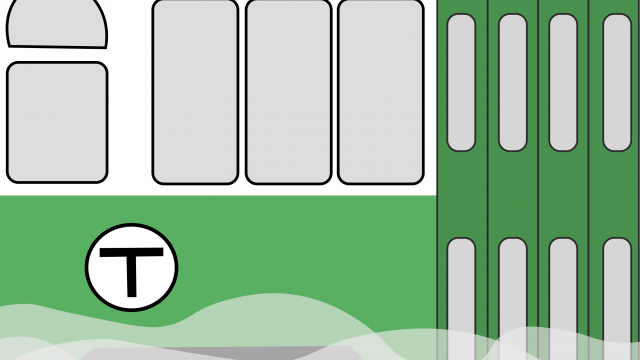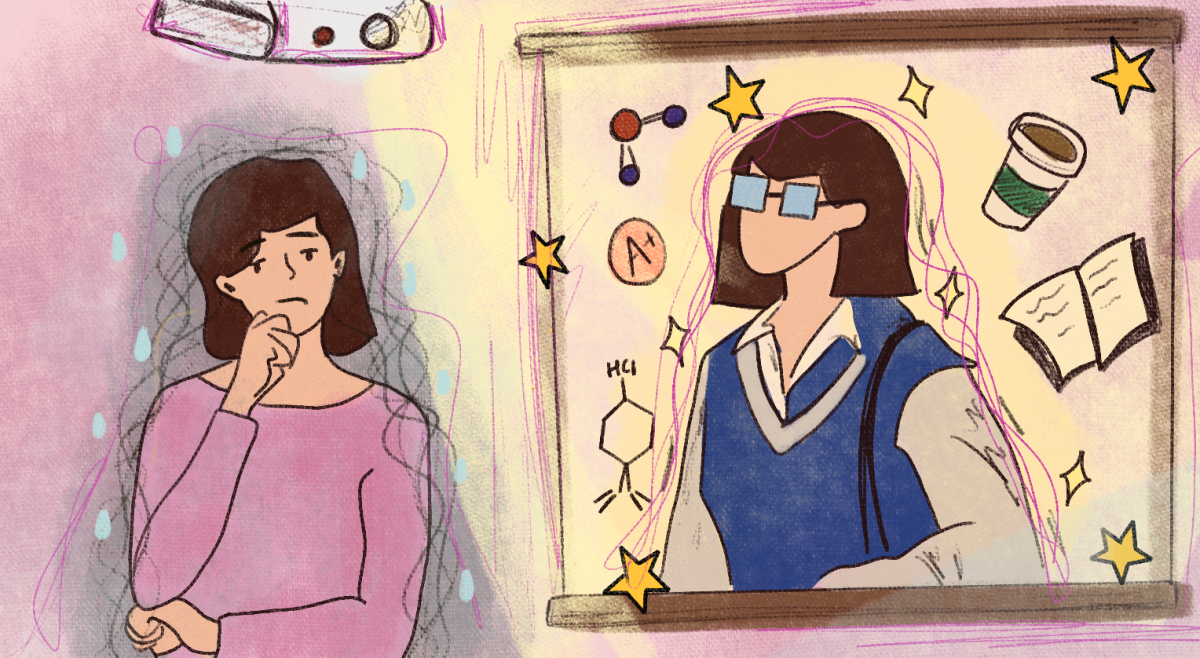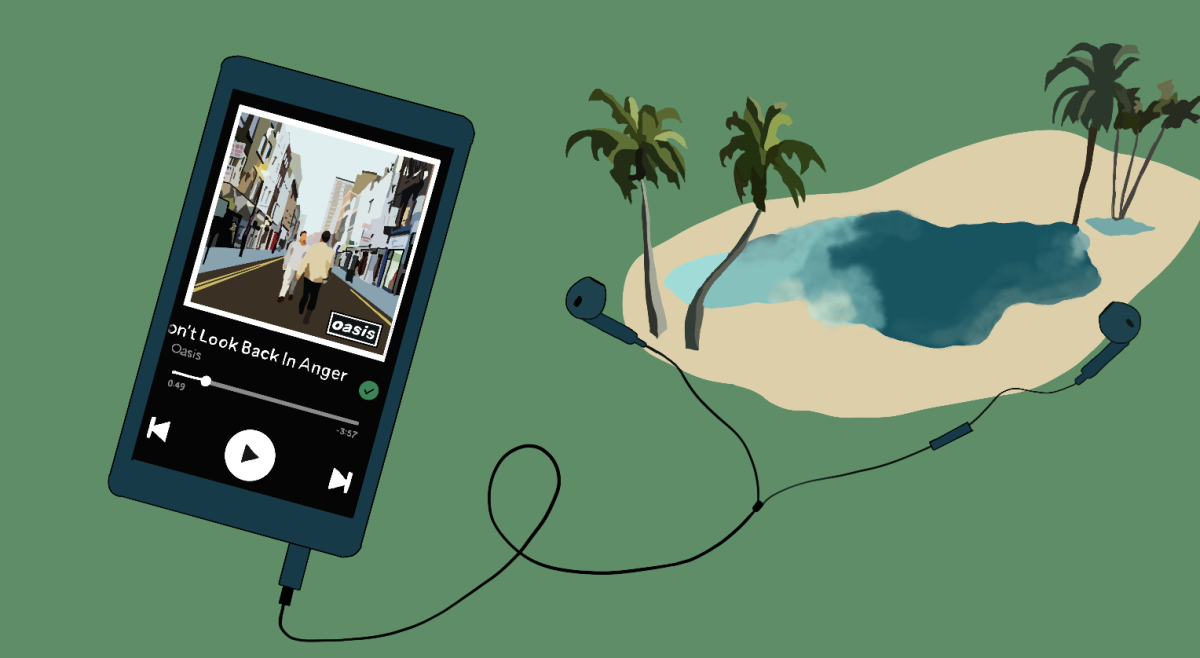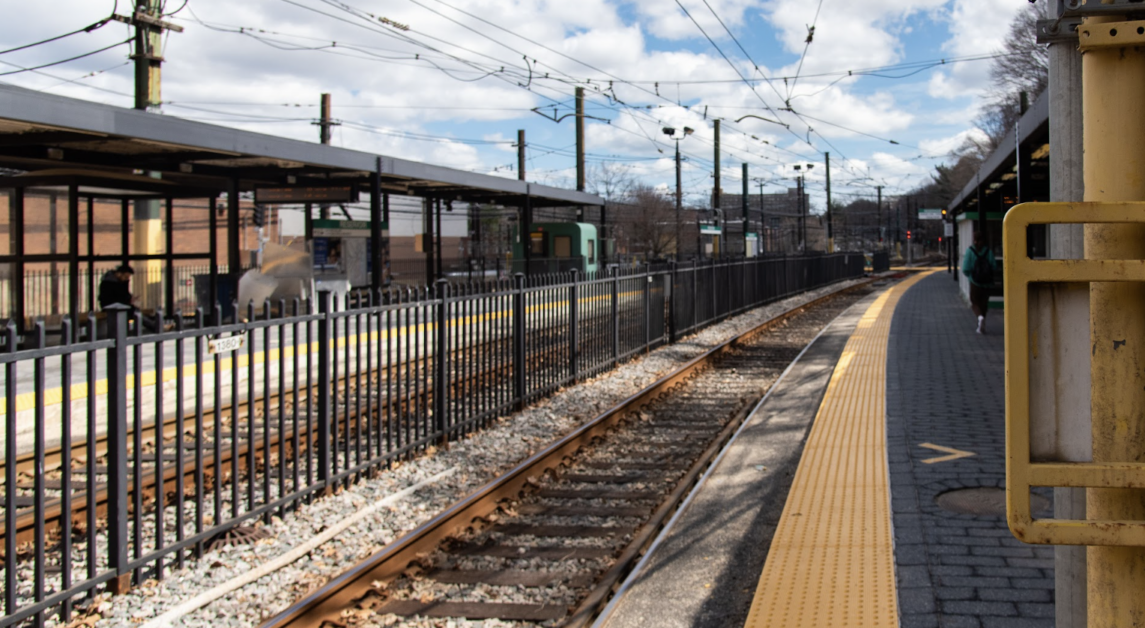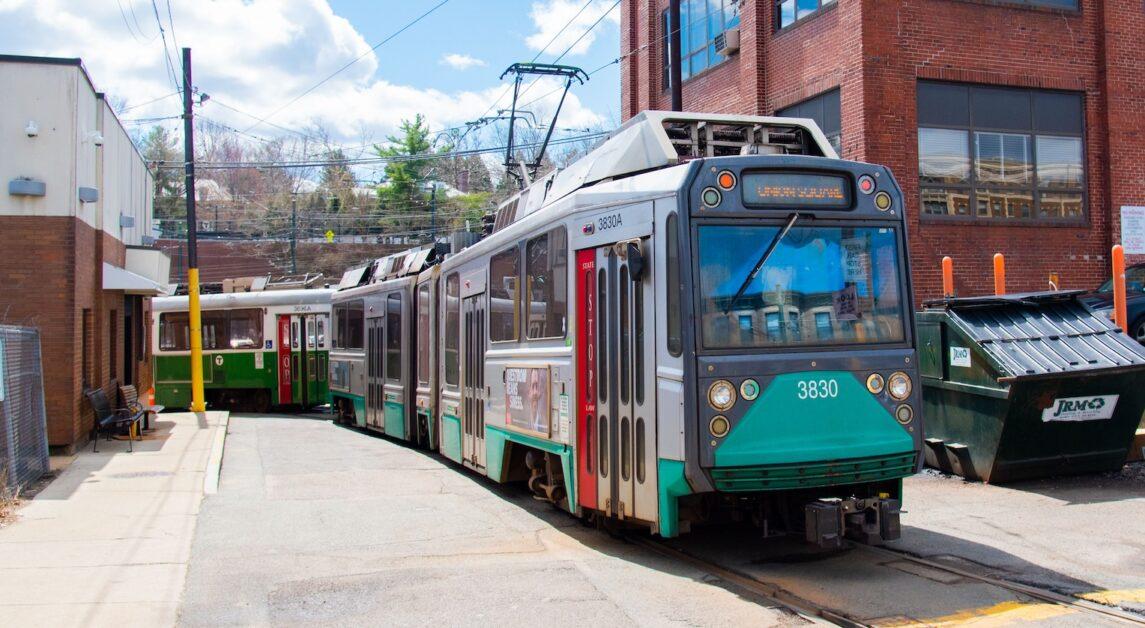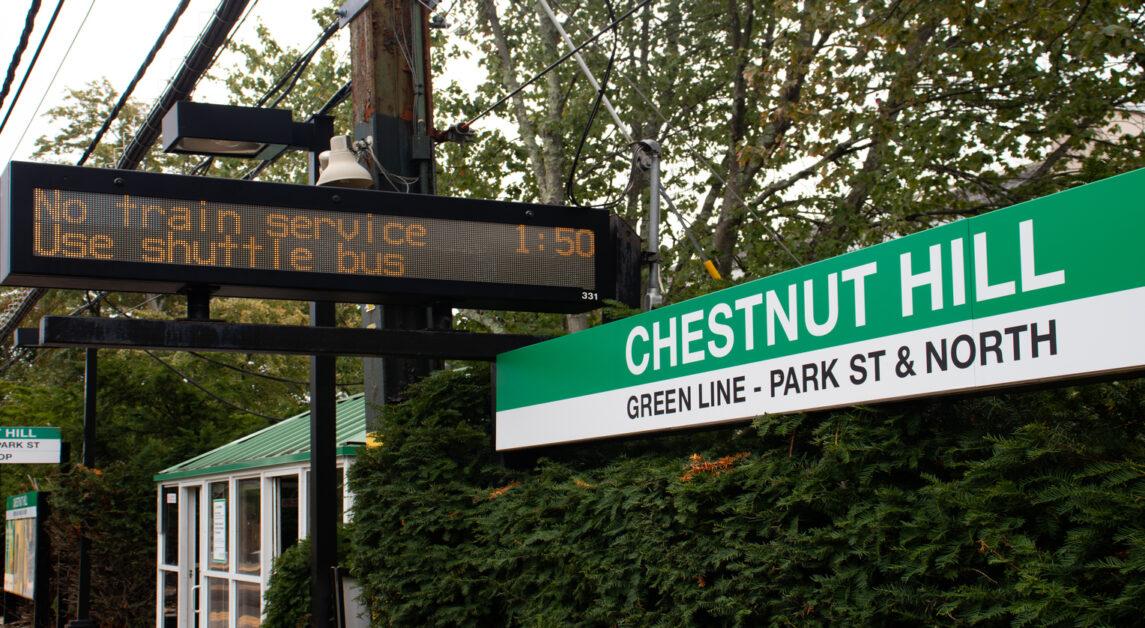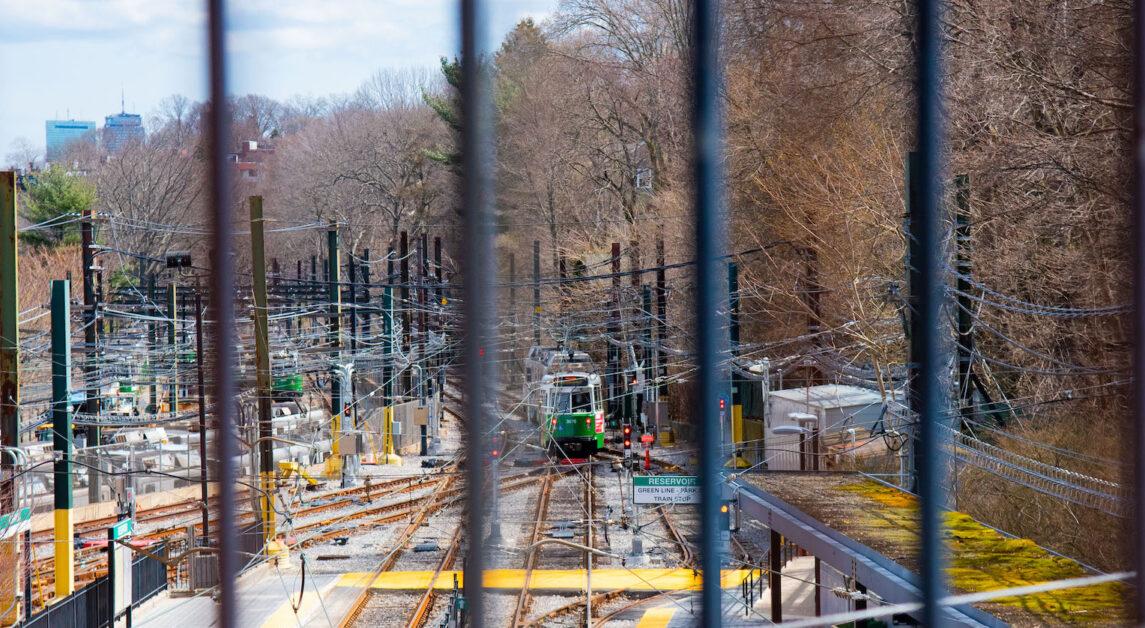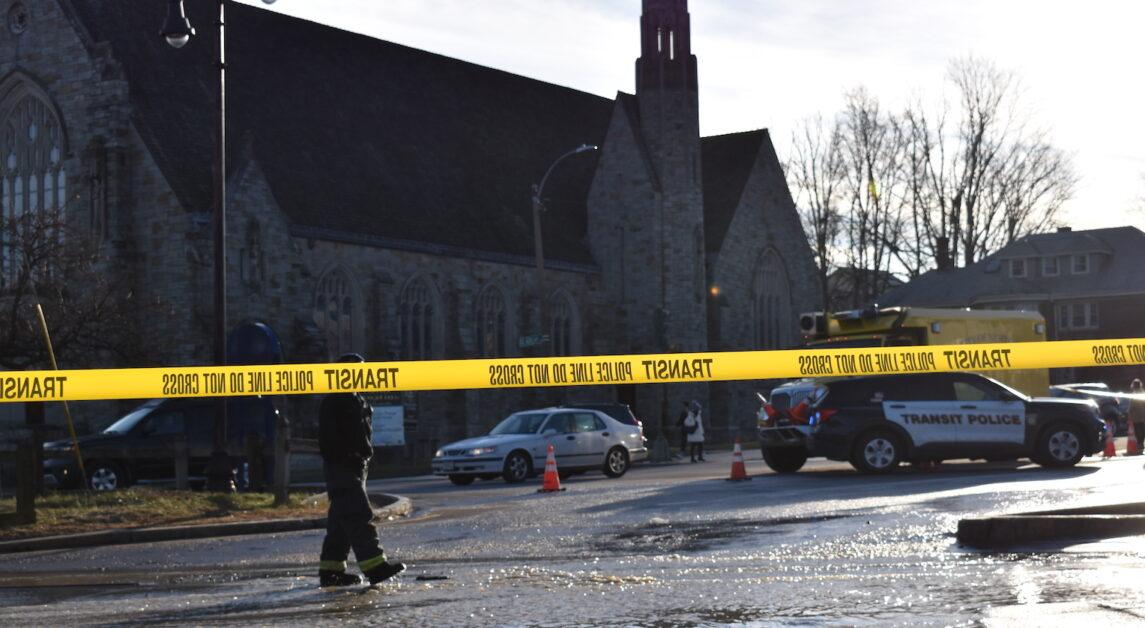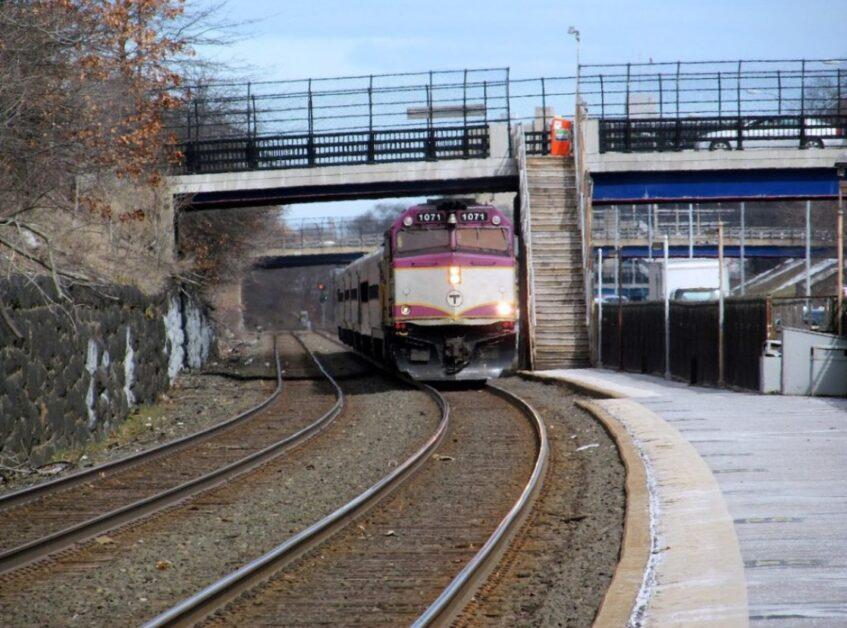What’s the state of the Boston-area transportation system? If you’ve ever taken the train into the city, you would probably know. A ride that would be 20 minutes by car takes the train roughly an hour. One time, it took me an hour and a half to get from Dorchester back to Boston College. That is unacceptable for a modern mass transit system in the 10th largest metropolitan area in the United States.
Another major problem with our transit system is its ability to handle winter weather. Many trains are still using direct current (DC) instead of alternating current (AC) because our cars were build in the late 1970s. DC power is no longer used in modern transportation systems because it allows even a small amount of snow to compromise an entire line. That is a problem in a location that gets an average of 44 inches of snow every year.
When the T is working, it’s slow. The first time I took the train from BC, I was going to a Gary Johnson rally on the Boston Common, and I was so late that I missed the entire thing. Some people have to rely on the T for travel every day. I can only imagine how much time BC students with internships and service obligations waste on the train: probably two hours a day (at least).
Having a bad public transportation system is bad for everyone: it contributes to traffic and pollution; it makes it hard for people to get to work; and it can make students late for school. “Every issue that Americans care about … is affected by transportation infrastructure,” claims professor Rosabeth Moss Kanter of Harvard Business School. It is certainly a huge detriment to a city to have an inefficient public transportation system.
Fortunately, the Massachusetts Bay Transportation Authority (MBTA) has a powerful ally on Beacon Hill. Governor Charlie Baker has made it his mission to update the transit system. He got so frustrated during a winter storm in 2015 that he said he was “ready to strangle somebody,” which must have echoed the mindset of many T passengers that winter.
In his flurry of firing MBTA employees and ordering new trains for the Red Line, the Republican governor worked with Democratic supermajorities in the State Senate and House to temporarily repeal the Pacheco Law. This law made it extremely difficult to contract out MBTA services to private companies, and repealing it allowed for much greater efficiency throughout the underperforming, overpriced transportation system.
To put things into perspective, the Pioneer Institute, a local policy think tank, estimated that the privatization law cost the MBTA $450 million since 1997. Despite this unnecessary spending, the T still has failing trains and interrupted trips. That is unacceptable.
To be fair, privatization is not always a good thing, but with the T, it certainly is. Inefficiency is running rampant. Our trains are 35 years old, drivers are getting pensions twice that of other state employees, and I already mentioned the millions of dollars that have been wasted because of the pro-union Pacheco Law. Under these circumstances, change is not such a bad thing.
Other improvements to the T include new trains which will hit the tracks by 2019. They will hopefully improve performance in winter weather conditions and improve speed and efficiency.
The T, however, is still a far cry from its competitors around the world. The London Underground, for example, moves people 50 percent faster and offers Wi-Fi internet for its passengers. Other public train systems, like in Seoul, South Korea, have dirt-cheap fares, run quickly, and are spotless, according to Máté Petrány, a well-traveled blogger.
It is no doubt that Boston is far behind many cities in terms of its public train system, but the future looks considerably okay. Bostonians will probably still have to put up with a little bit of gum under the seats for years to come, and Wi-Fi integration feels like a bit of a stretch, but soon enough our city will have some shiny new cars, and a little bit of snow won’t shut down half the system. This is good news for those who are thinking about working in Boston or getting an internship in the city. It’s even better news for Massachusetts residents who count on the T every day for travel to work or school.
Featured Image by Zoe Fanning / Heights Editor

